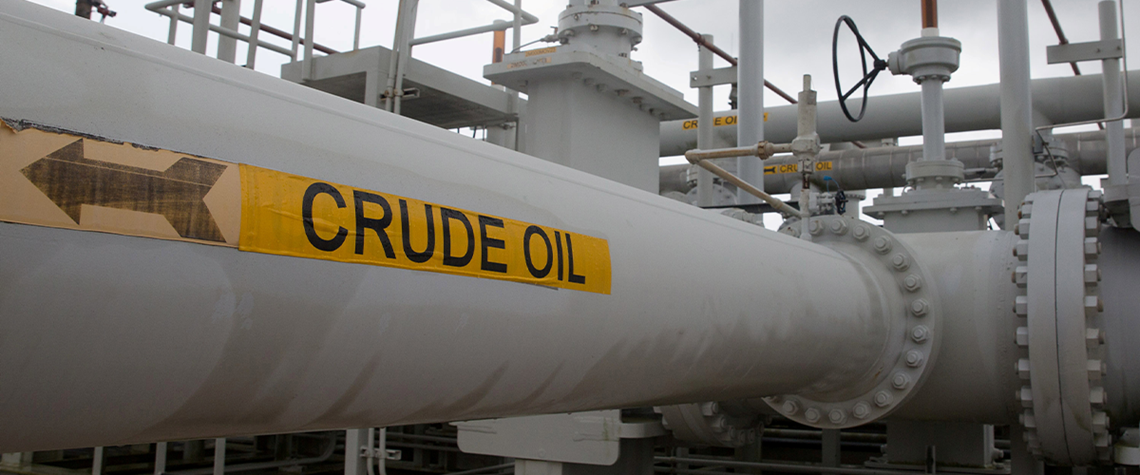US SPR faces existential crisis
As the 50th anniversary of the Arab oil embargo approaches, policymakers gripped by energy security fears must start rethinking the purpose of emergency oil stocks
The 1973–74 Arab oil embargo caused oil prices to skyrocket and prompted consuming nations to set up emergency reserves and the IEA. While these stockpiles are a crucial insurance policy for OECD economies, the US is no longer so dependent on imports and has changed the way it uses its strategic petroleum reserve (SPR). To refill or not to refill is now the question. The 2022 shock and awe tactic of releasing 180m bl from the SPR was the largest ever, undertaken from a starting reserve level of about 600m bl. For collective action (emergency drawdown), each member country’s contribution is proportionate to its share of total oil consumption. While IEA rules require each member state to hold

Also in this section
18 February 2026
With Texas LNG approaching financial close, Alaska LNG advancing towards a phased buildout and Magnolia LNG positioned for future optionality, Glenfarne CEO Brendan Duval says the coming year will demonstrate how the company’s more focused, owner-operator approach is reshaping LNG infrastructure development in the North America
18 February 2026
The global gas industry is no longer on the backfoot, hesitantly justifying the value of its product, but has greater confidence in gas remaining a core part of the global energy mix for decades
18 February 2026
With marketable supply unlikely to grow significantly and limited scope for pipeline imports, Brazil is expected to continue relying on LNG to cover supply shortfalls, Ieda Gomes, senior adviser of Brazilian thinktank FGV Energia,
tells Petroleum Economist
17 February 2026
The 25th WPC Energy Congress, taking place in Riyadh, Saudi Arabia from 26–30 April 2026, will bring together leaders from the political, industrial, financial and technology sectors under the unifying theme “Pathways to an Energy Future for All”







